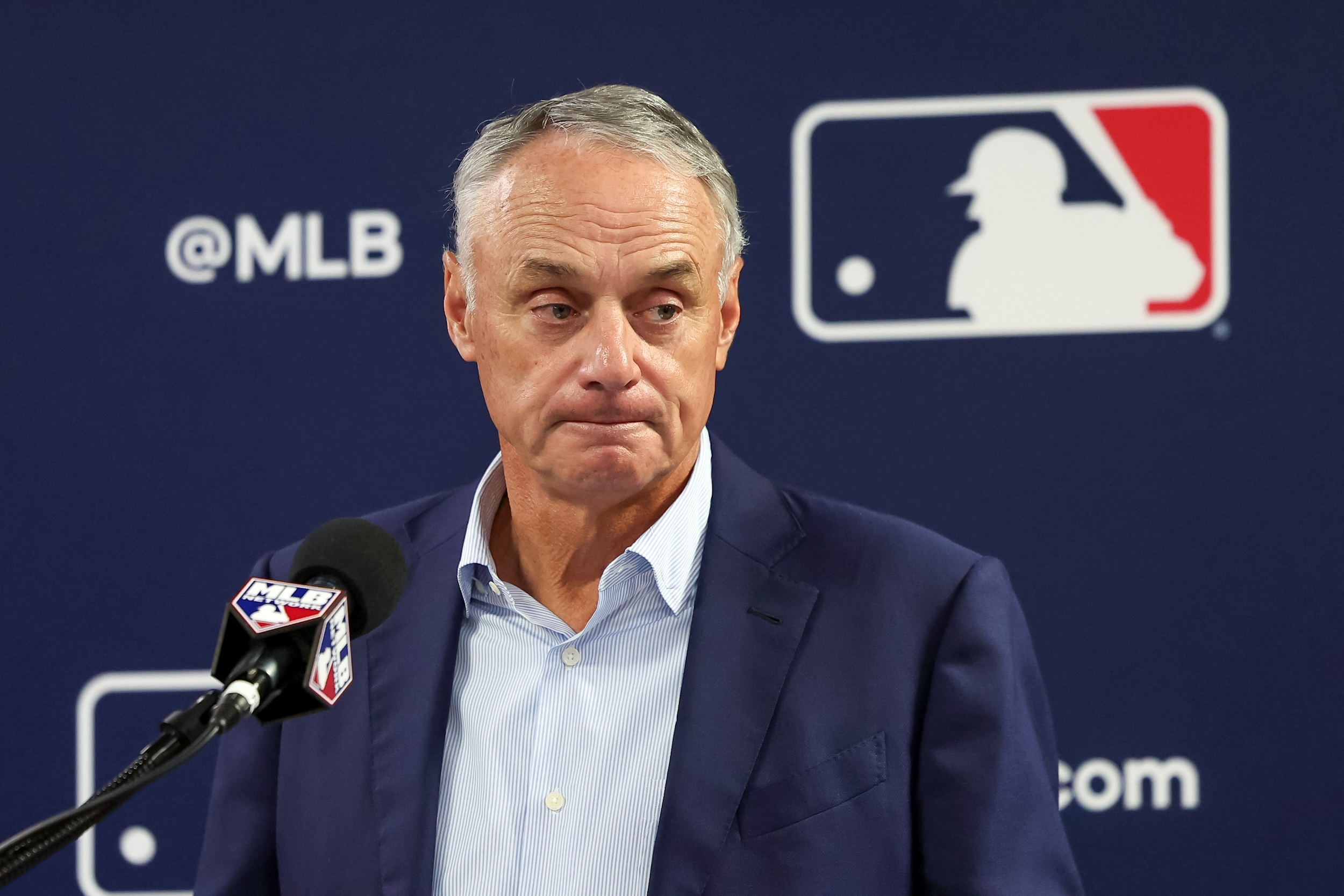Gambling
MLB Makes A Convenient Example Of Several Gambling Bozos | Defector

There are decisions you can make when you’re 23 years old that will define the entire rest of your life, for better or worse. Take my wife, please! But seriously, folks: Padres prospect Tucupita Marcano was 23 years old back in October of 2022, when he began making a series of online bets on baseball. In July of the following season, when Marcano was on the major-league roster of the Pittsburgh Pirates, his knee failed and he was shut down for the season; between then and Nov. 1, Marcano allegedly placed 25 bets on Pirates games, among the no-no-est of gambling no-nos. Today, at the conclusion of MLB’s investigation into a handful of accounts at a legal sportsbook, Marcano was banned, permanently, from Major League Baseball. Four other players swept up in the same investigation, including Athletics reliever Michael Kelly and three minor-leaguers, received one-year suspensions, issued for making prohibited baseball bets not on their own teams’ games.
Marcano appears to have been a reckless and poor gambler, and not just because he was caught and has now been stripped of his career. The league says Marcano won just 4.3 percent of 231 MLB-related bets made over the course of about one year; his wagers on 387 total baseball bets—Marcano was also apparently gambling online on international baseball—were worth approximately $150,000. The sportsbook operator on the other end of Marcano’s incredibly ill-advised gambling spree made out pretty well, but in March of this year it turned over to MLB information about five gambling accounts linked to players in major- and minor-league baseball. The league “obtained data from that operator and other sportsbooks” and completed its investigation in something like two months. It found that Marcano is a shitty gambler; it found that every one of his Pirates-related parlays lost; it found that Marcano had no inside information about any of his wagers; and it found that none of the games he wagered on appear to have been compromised in any way. Whew!
As embarrassing scandals that highlight in flashing neon your league’s tangled and compromised business interests go, this is something like a best-case scenario for MLB. None of the players grabbed up in this operation are of any real consequence. Kelly is a 31-year-old third-year reliever with 46 career major-league appearances. Infielder José Rodríguez, suspended for a year for making a series of $26 baseball bets two years ago, is the 27th ranked guy in the Philadelphia Phillies organization, per MLB Pipeline. Lefty Andrew Saalfrank, who lost approximately $273, one $16 bet at a time, wagering on postseason and college baseball in 2021 and 2022, is a 26-year-old quadruple-A guy who made some appearances in Arizona’s unlikely 2023 postseason run. Padres pitcher Jay Groome, who lost $434 of the $454 he bet on baseball over the course of 12 months starting in 2021, has never appeared in a major-league baseball game.
The sports gambling advertising that you’ve noticed taking over North American sports, and in particular televised North American sports, is designed to shuffle people who might not otherwise have any inclination to gamble into the grips of the industry. People who might previously have felt no curiosity, people who you’d hope would know better, people who have compelling personal and professional incentives to stay away. The mechanics of the thing itself are designed to drive you crazy, so that you will lose control and gamble too much and lose and lose and lose. As is the case with a lot of things people sell—fast food, artificial intelligence, conservative politics—those doing the marketing don’t particularly mind if mature and careful thinkers get swooped up in the nets, but it’s the impulsive and gullible and desperate they’re after.
Generally speaking, 23-year-old men are impulsive and unwise. They’ve been handed enough of adulthood that nobody can stop them from pursuing any old idea, but haven’t experienced enough of it to always tell the good ones from the bad ones. It sucks very much to think of a young person losing their entire career over some victimless shit they pulled in their 23rd year of life. It sucks even more to think of MLB dishing out this consequence while actively working to shovel into the maw of this thing as many suckers as it and its corporate partners can capture. ESPN says every major-league clubhouse has Rule 21 posted as a physical notice, warning players of the consequences of gambling on baseball. MLB has to know this is horseshit: If warnings and consequences did the trick, MLB’s gambling partners would be insolvent. Thankfully, there’s no risk of that.









